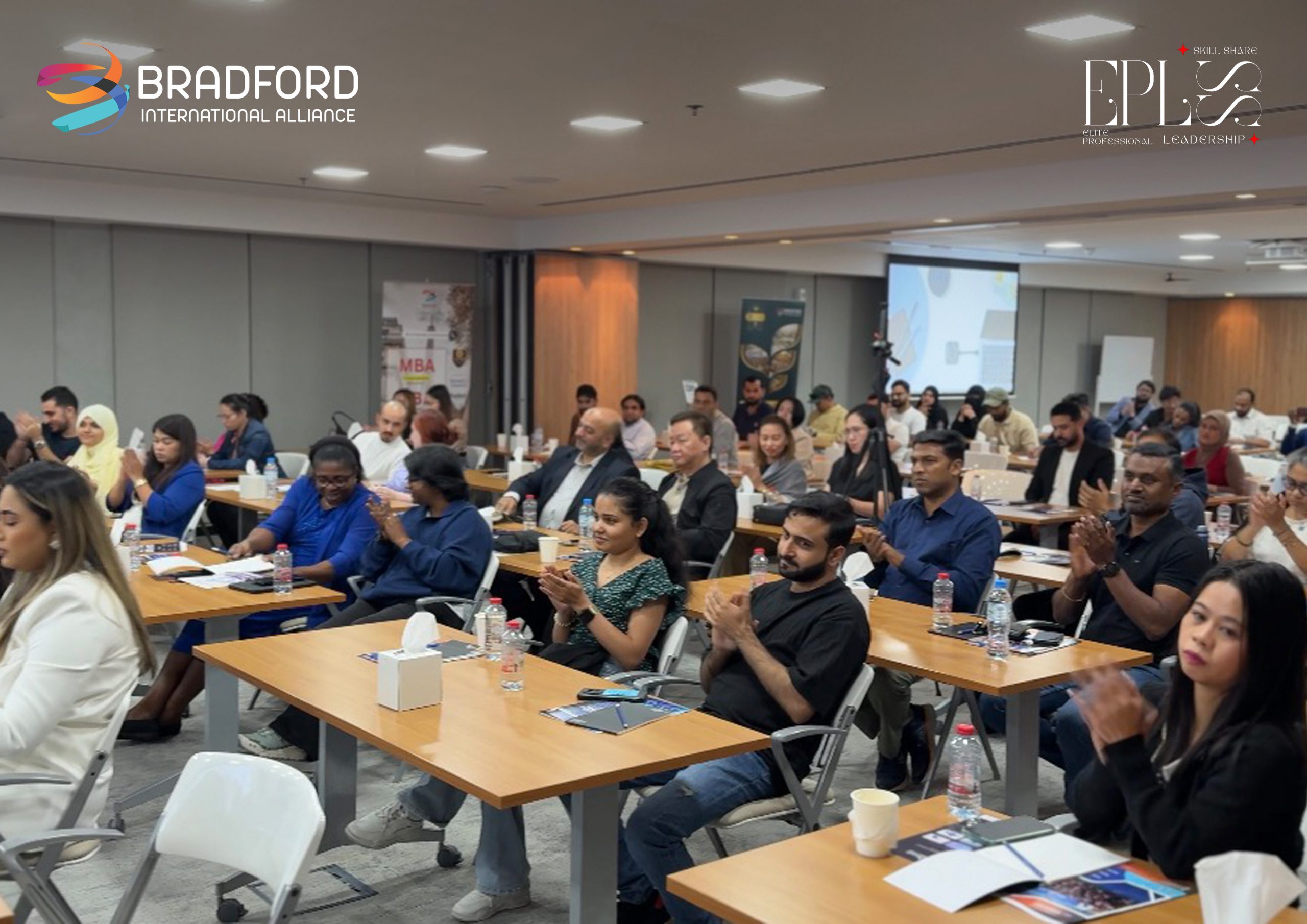(EMAILWIRE.COM, December 20, 2022 ) Denver, CO and Chapel Hill, NC We adapt our behavior in childhood to survive and meet the expectations of our caretakers, but these adaptations can limit us in the present. Vann Joines, Ph.D., shows readers how to change those behaviors to be who they are meant to be and develop the relationships they most desire. He offers numerous examples, helpful exercises and specific steps in his new self-help book, Insight Out: The 6 Personality Types That Hold the Key to Success in Your Life and Relationships, published by Outskirts Pressthe fastest-growing, full-service self-publishing and book marketing company.
We are born helpless and powerless into a vast, mysterious and often threatening world, Dr. Joines explains. Struggling to survive, we grope for ways to adapt to our surroundings. But with little knowledge and less power to manage our environment, we are likely to come up with primitive, imperfect responses to lifes stresses. These responses are based on our physical and emotional needs and instinctthe best options we have available at the time, given that we are interpreting things from our limited child perspective. But unless we learn more effective strategies later, whether from supportive families and communities or through therapy, were headed for trouble.
These childhood strategies, disguised as adult behavior, can negatively influence peoples lives, snowballing into an amalgam of unhappy relationships, short-circuited careers and unfulfilled dreams. While they enabled childhood survival, these tactics dont work very well in adult life.
We are also all born with an innate sense of okayness, but we rely on our caretakers to keep us feeling okay and welcomed. They are our first mirrors, our first reflections of who we are. As infants, we have no other basis for evaluating who we are except what we experience, and our own internal feeling responses, for which we have no words. We may have an intuitive sense of ourselves being okay, but that is difficult to maintain if we get conflicting feedback from our caretakers. In the first few months of life, we are rapidly learning and gaining a sense of ourselves and our primary caretakers, who for us at that time, represent the world.
Insight Out helps the reader develop an awareness of their unique adaptations in response to how they are seen and reacted to, and the emotional intelligence to change them. It further offers a step-by-step process to change present-day operating strategies based on a persons adaptations and to develop effective ones in their place.









